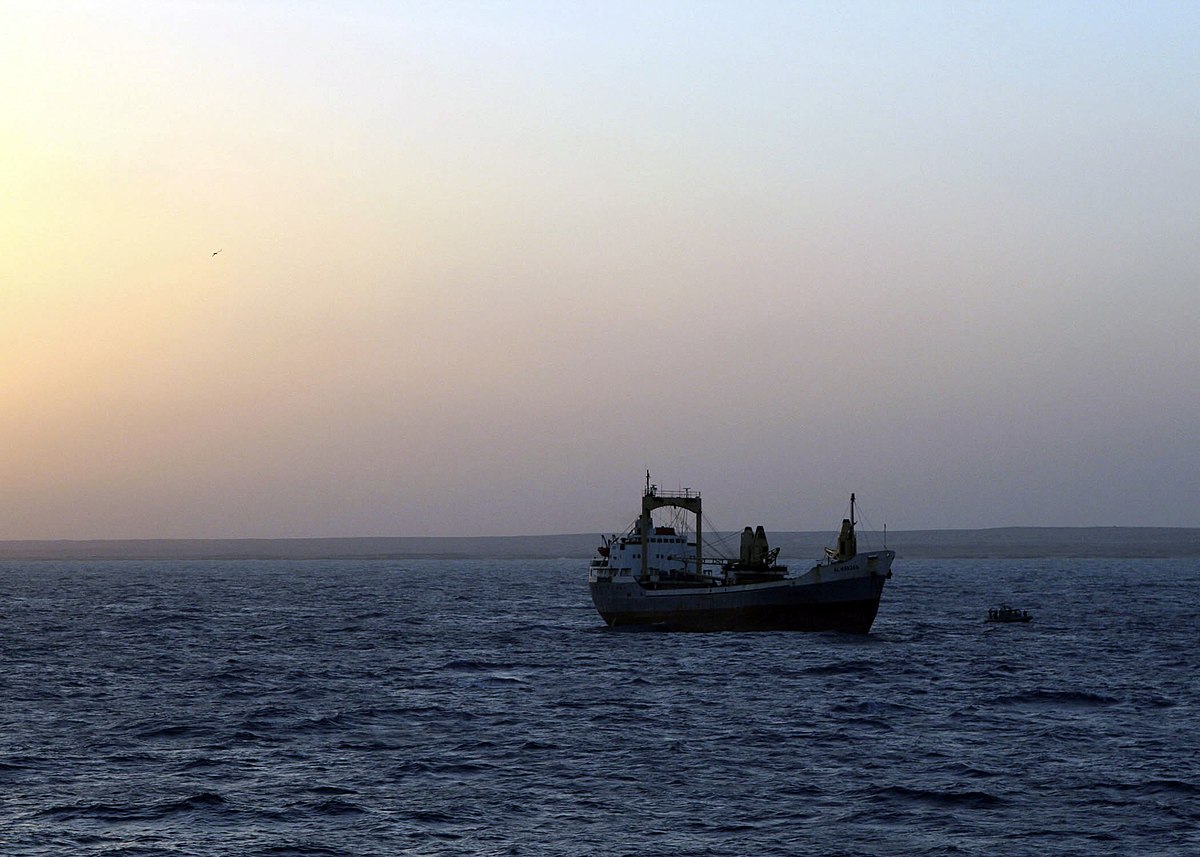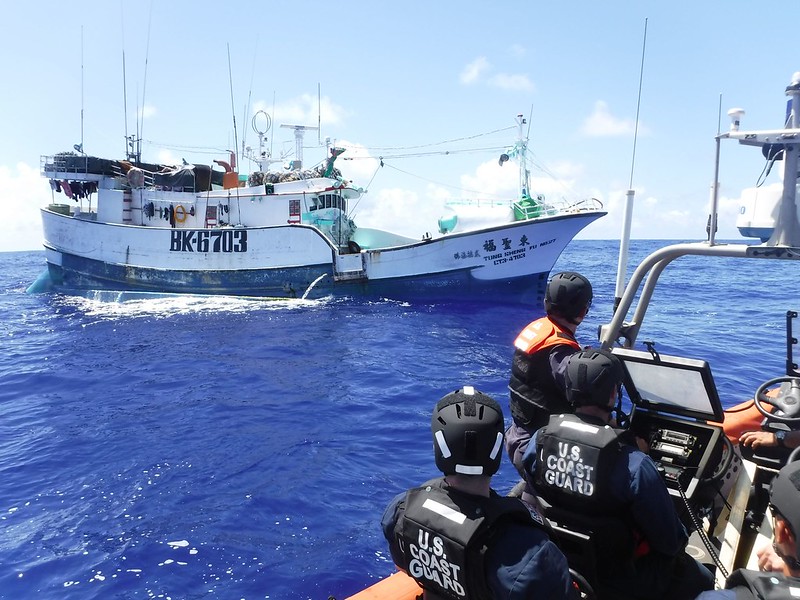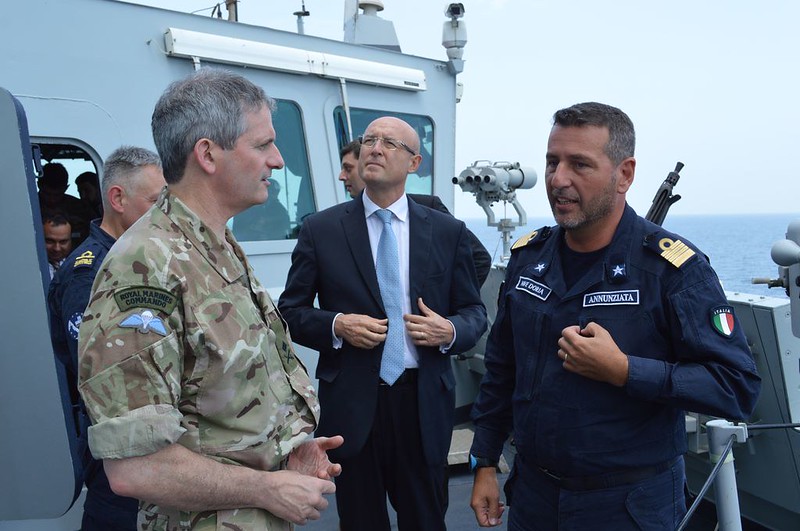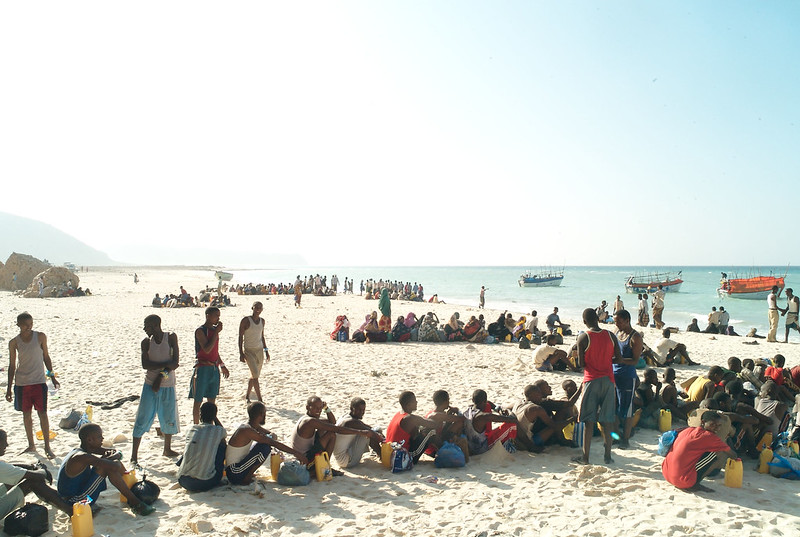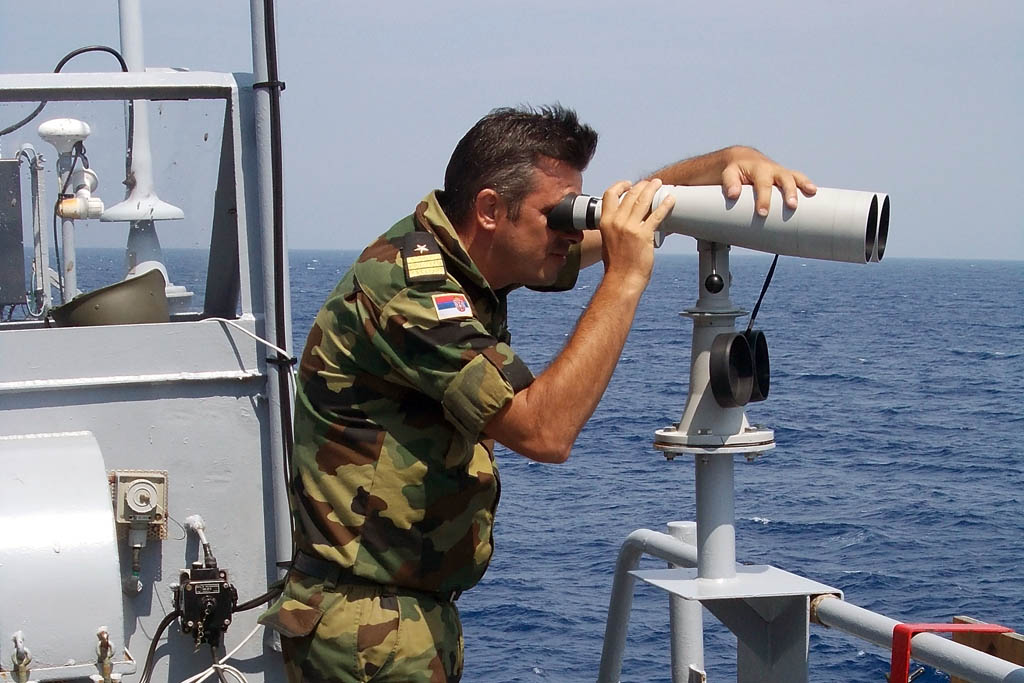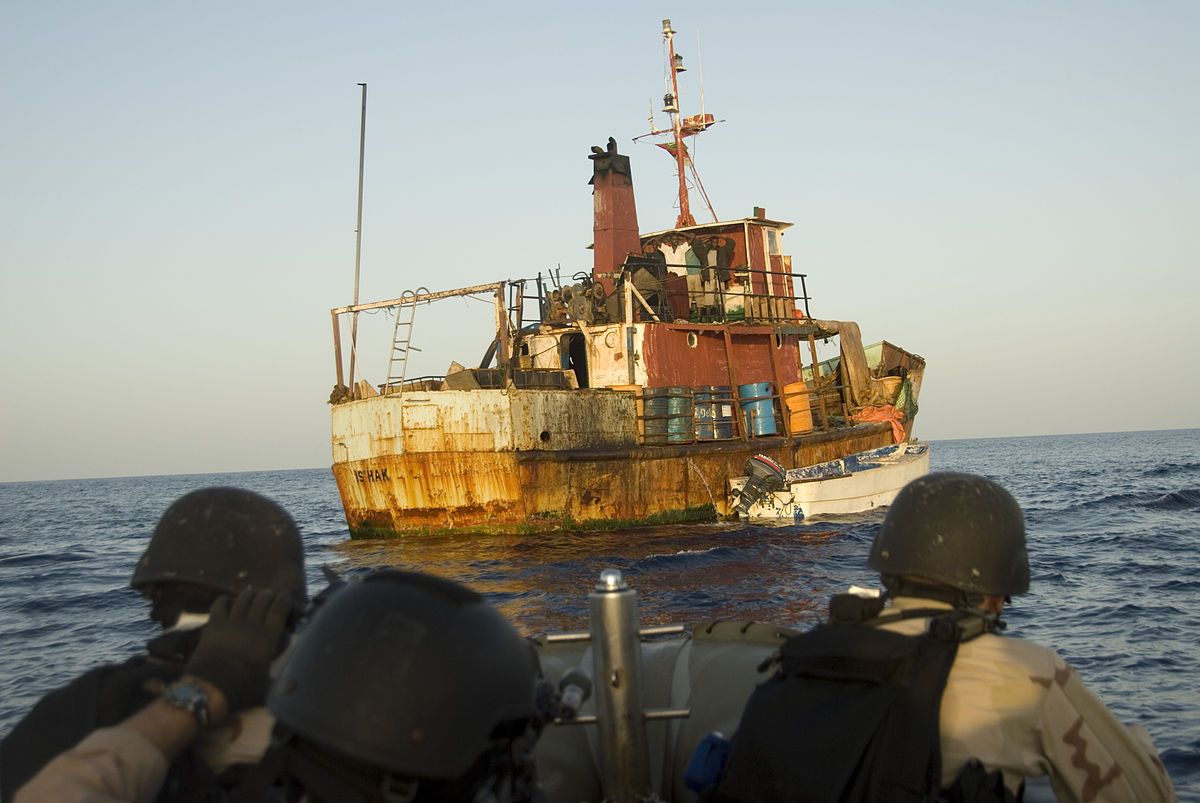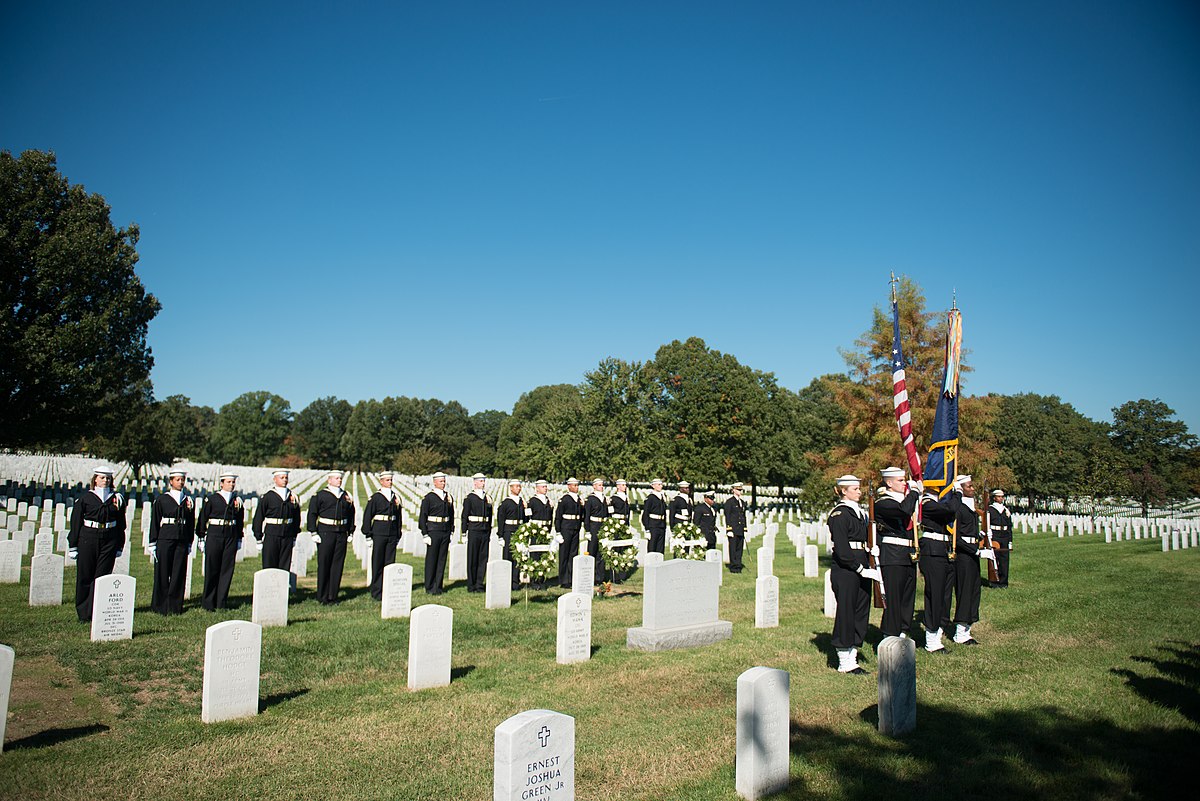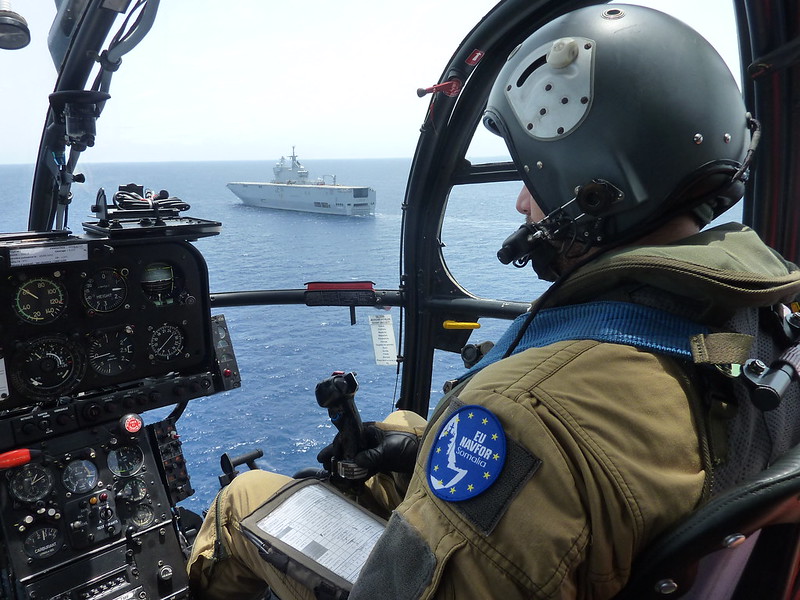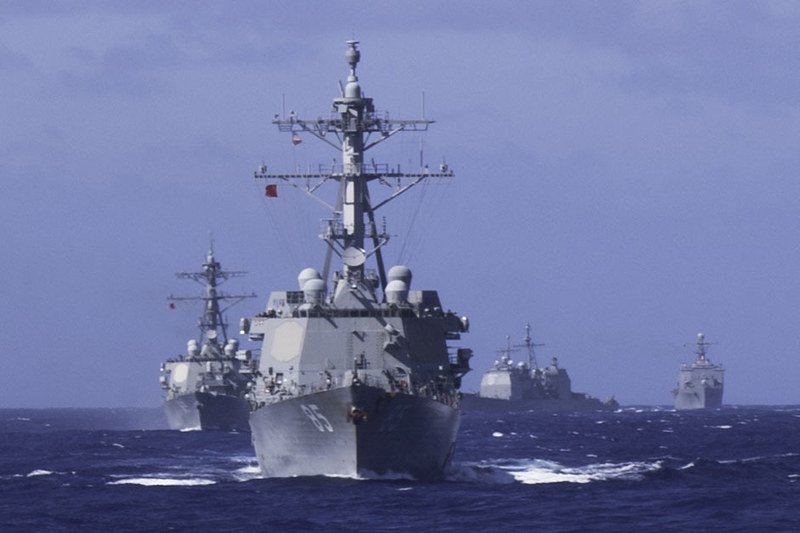What can Shippers do against Pirate Attacks? Insights from Situational Crime Prevention
By Jon. M. Shane and Shannon Magnuson, John Jay College of Criminal Justice, New York City The shipping industry cannot rely on the navies and traditional law enforcement to protect them from pirate attacks and to hold pirates accountable. Patrolling the open waters is different from patrolling on land, crime is easier to perpetrate, harder … Read more

